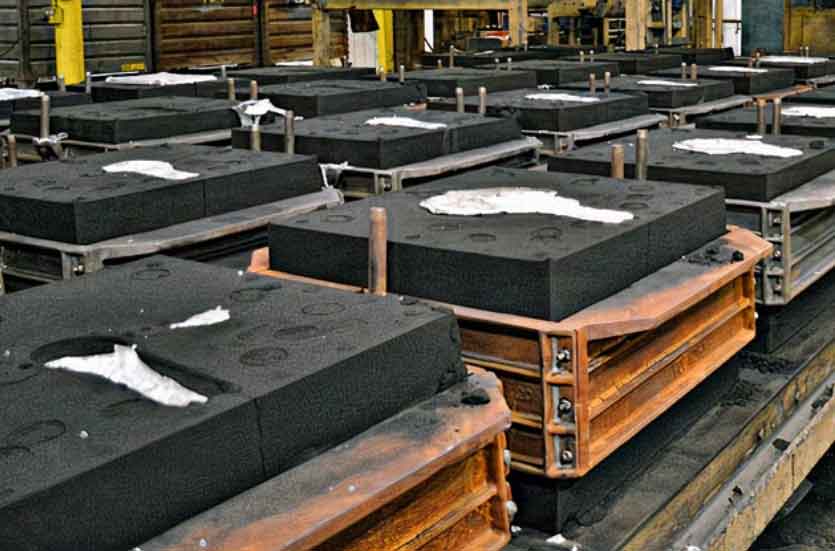Resin sand casting is a versatile manufacturing process that offers a wide range of benefits and applications in modern manufacturing. Here are some of the ways in which resin sand casting demonstrates its versatility:

- Material Flexibility: Resin sand casting can be used with a variety of metals and alloys, including aluminum, iron, steel, brass, and bronze. This flexibility allows manufacturers to choose the most suitable material for their specific application, considering factors such as strength, durability, corrosion resistance, and heat resistance.
- Complex Geometries: Resin sand casting enables the production of components with complex shapes and intricate details. The sand molds used in the process can be easily formed and manipulated to replicate intricate features, undercuts, and internal cavities. This capability allows for the manufacturing of highly customized and unique components that meet specific design requirements.
- Size Range: Resin sand casting can accommodate a wide range of component sizes, from small intricate parts to large and heavy components. The process is scalable, making it suitable for both small-scale and large-scale production runs. This versatility in size range makes resin sand casting applicable to various industries, from automotive to heavy machinery.
- Prototyping and Short Production Runs: Resin sand casting is well-suited for prototyping and short production runs. It offers a cost-effective solution for producing small quantities of components with quick turnaround times. This makes it ideal for new product development, product testing, and market validation before committing to large-scale production.
- Surface Finish Options: Resin sand casting allows for a range of surface finish options, from rough to highly refined. The surface finish can be adjusted by controlling the sand mixture, the sand mold surface preparation, and the post-casting finishing processes. This versatility in surface finish enables manufacturers to meet specific aesthetic and functional requirements of their products.
- Multi-Part Assemblies: Resin sand casting enables the production of complex components that may require multiple parts or assemblies. By using sand cores or molds with removable sections, intricate and hollow structures can be created within the casting. This capability is particularly useful for manufacturing components with internal passages, cooling systems, or complex geometries that require precise assembly.
- Wide Industry Applications: Resin sand casting finds applications in various industries, including automotive, aerospace, energy, machinery, and more. Components such as engine blocks, transmission cases, pump housings, and structural components can be efficiently produced using resin sand casting.
Resin sand casting’s versatility allows for the production of a wide range of components with varying sizes, shapes, and material properties. Its flexibility makes it an attractive choice for manufacturers looking for a cost-effective and customizable manufacturing process that can meet their specific design and production requirements.
